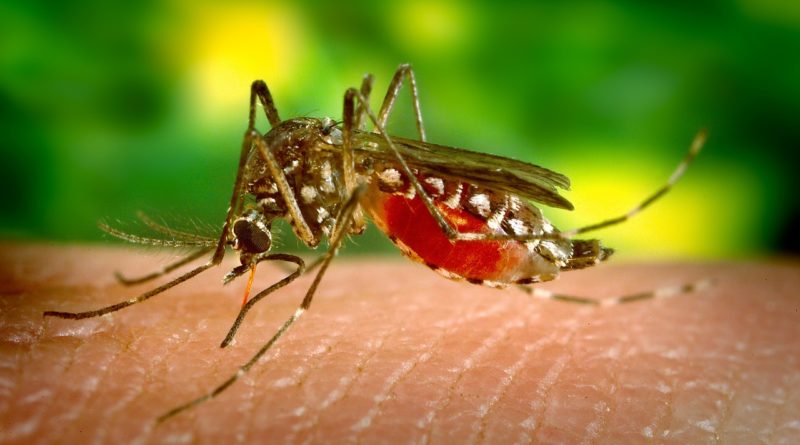A clean surrounding and preventing mosquito breeding could safeguard you from encephalitis
News Correspondent, abptakmaa, Kolkata, 15th July 2019 : Amidst the uproar across different Indian states over the outbreak of encephalitis, myUpchar, India’s largest multilingual healthcare platform received over 2000 queries with increased requests for information from states like Bihar, Jharkhand, Uttarakhand, Himachal Pradesh and Chhattisgarh.
MyUpchar has been working relentlessly to provide credible information to  all such people wanting to get knowledge about encephalitis, which has already claimed over 100 lives. The lack of information and awareness amongst the general populace has been the leading cause of panic and delayed medical assistance. myUpchar aims to raise awareness around causes, precautions, early signs and symptoms of encephalitis. Dr. Sushma Sharma, MD, DM, Sr Consultant Neurology illustrates some of the common types of Acute Encephalitis Syndrome (AES) in India and highlights common signs, symptoms below as well as ways to prevent getting afflicted with AES.
all such people wanting to get knowledge about encephalitis, which has already claimed over 100 lives. The lack of information and awareness amongst the general populace has been the leading cause of panic and delayed medical assistance. myUpchar aims to raise awareness around causes, precautions, early signs and symptoms of encephalitis. Dr. Sushma Sharma, MD, DM, Sr Consultant Neurology illustrates some of the common types of Acute Encephalitis Syndrome (AES) in India and highlights common signs, symptoms below as well as ways to prevent getting afflicted with AES.
Dr. Sushma Sharma mentioned, “Many children have recently been diagnosed with Chamki Fever, also known as Muzzafarpur Encephalitis, after the consumption of litchi on an empty stomach. Hypoglycin and MCPG present in litchi have a significant hypoglycemic action, especially when taken empty stomach. And while the fruit may not be directly associated with the onset of Acute Encephalitis Syndrome, it could have played some role in aggravating the manifestations of this condition.”
The three most common types of Acute Encephalitis Syndrome (AES) in India pointed out by Dr. Sharma include:
Herpes Encephalitis: Although rarely occurring, herpes simplex encephalitis is a neurological condition with a high death rate and morbidity rate. It is caused by Herpes simplex virus and manifests as fever, drowsiness and/or general weakness, followed by difficulty communicating and memory loss in late stages of the disease.
Japanese Encephalitis: It is found to be the leading cause of Encephalitis in Asia and children in the age group of 3-6 years are commonly affected. In India, 1500-4000 cases are reported each year. Caused by the Japanese Encephalitis Virus, the condition spreads through the bite of Culex vishnui mosquito. Pigs and migratory birds are the primary reservoirs of Japanese Encephalitis Virus.
Chamki Fever (Muzzafurpur Encephalitis): Chamki fever cases peak around the monsoon and postmonsoon season, with the highest mortality rate in the litchi growing areas. Studies conducted by the Centre of Disease Control, USA and National Centre for Disease Control, India suggest that litchi season may have a link with this condition.
Common signs & symptoms of Acute Encephalitis Syndrome (AES) are:
– High fever
-Headache
– Light sensitvity
– Nausea and vomiting
– Confusion
– Problems with speech or hearing
– If left untreated or in severe cases it may lead to convulsions (seizures), coma and even death.
Some ways to prevent Acute Encephalitis Syndrome (AES) include:
– Avoid consuming litchi on an empty stomach
– Take a healthy and balanced diet
– Use mosquito repellents and nets – Wear comfortable clothes with long sleeves to avoid mosquito bites
– Keep your surroundings clean and don’t let water stagnate to prevent mosquitos breeding
Patients can log on to www.myupchar.com for further information about encephalitis as well as reach out to our specialist team of doctors for an online consultation using the myUpchar app. Publicity : The Mavericks India.



